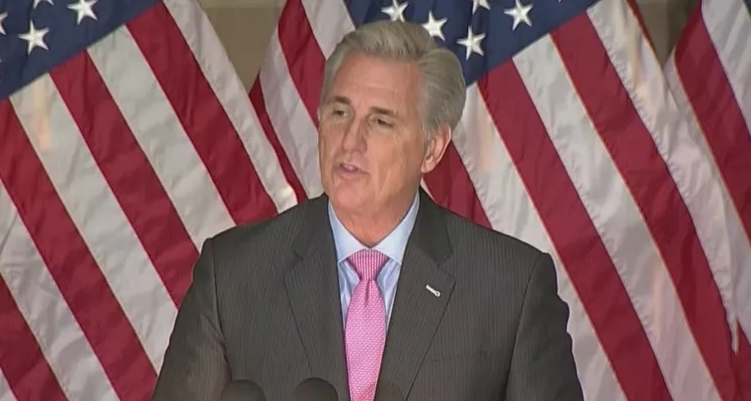Dan McLaughlin of National Review Online challenges a dubious argument the Biden administration is putting forward in the debt ceiling debate.
As a general rule, the Constitution and its amendments should be read as they were written, with the usual caution that sometimes the words had a specifically understood legal or political meaning at the time, so we shouldn’t impose woodenly literal 21st century parsing on language that the ratifiers would have meant and read very differently. That said, when an argument is made today for a dramatic power or an unexpected right to be read into a claimed ambiguity in the language, it helps to consider other sources. One of those is the political context of the time.
… [W]hen you consider the domestic and global political context of the passage of Section Four of the 14th Amendment through Congress in 1866 and its ratification by the states in 1868, it only strengthens the case that it did nothing to disturb the allocation of powers between the president and Congress to fund the government. Congress, before the amendment, had the sole power to raise taxes or borrow money, a power that was jealously guarded for sound historical reasons. Nobody has adduced the slightest bit of historical evidence that the amendment was aimed to alter that, or thought at the time by anyone to do so.
But there is also a very specific context to consider: The president of the United States at the time was Andrew Johnson, a notably racist Southern Democrat raised to the job by a Confederate assassin and regarded by Congress, by 1866, as barely more than an accomplice to treason traitor. (Johnson was nothing if not a patriot, at great personal cost, but he was also a small man consumed by resentments and bigotry, and took to pardoning Confederates and abetting their campaign of terror against black Southerners.) The absolute last thing the framers of that amendment aimed to do was to arm Johnson, of all people, with newly expansive powers to raise money without Congress.


